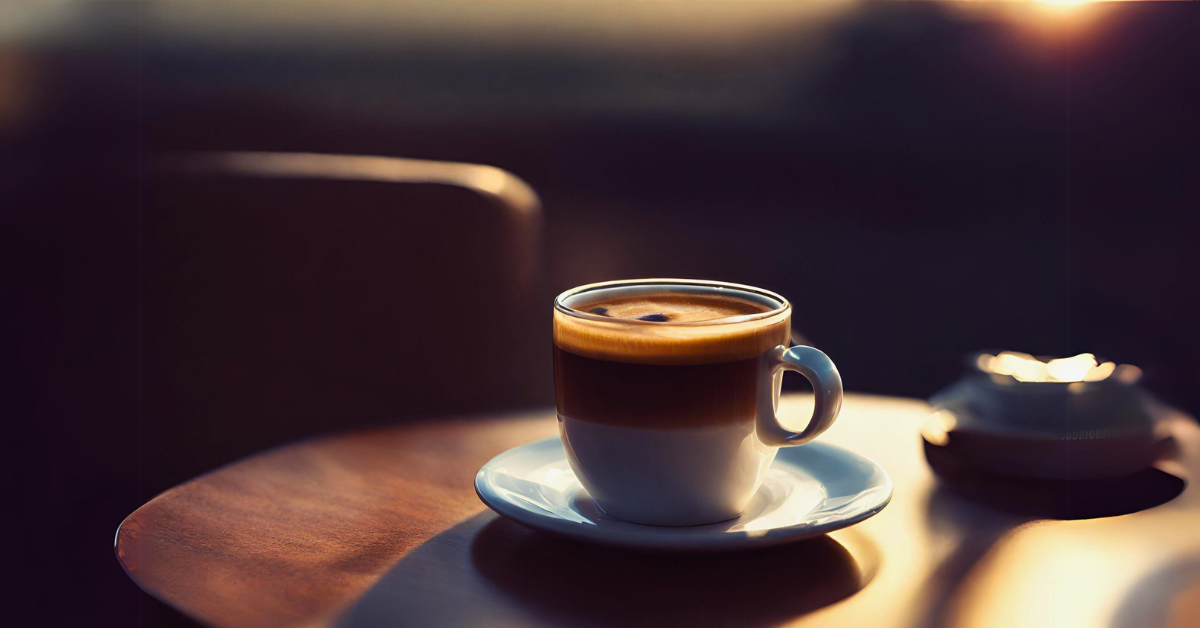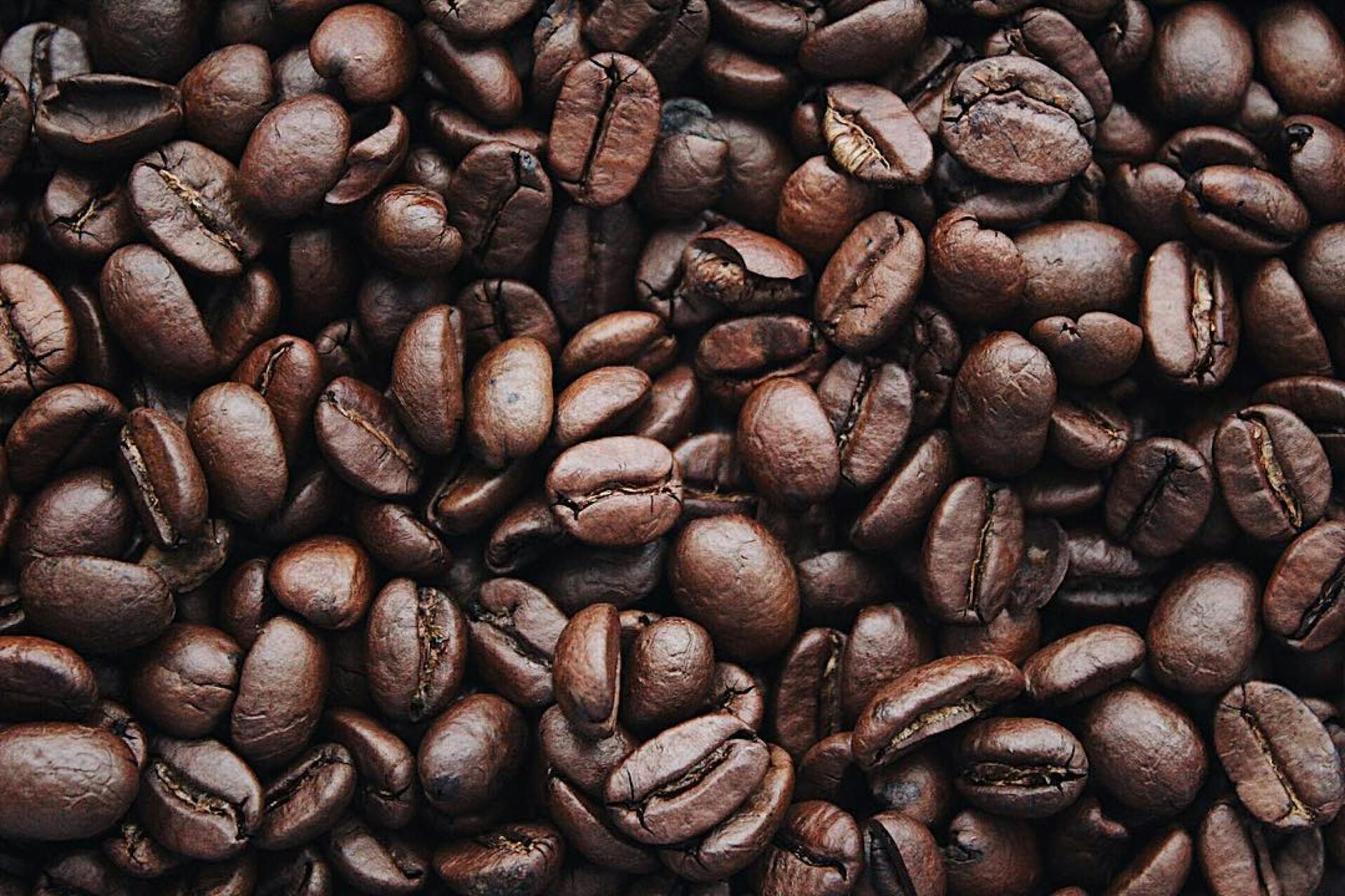
Are you curious about how much caffeine is in a cup of coffee? Caffeine, a well-known stimulant found in coffee, plays a significant role in its popularity. On average, an 8 oz cup of brewed coffee contains about 95 mg of caffeine. However, this amount can vary, with some cups reaching up to 140 mg of caffeine.
Coffee, a beverage brewed from roasted coffee beans, is renowned for its stimulating effects on humans, largely attributed to its caffeine content. This popular drink dominates the global market for hot beverages, known for its dark color, bitter taste, and slightly acidic profile.
Understanding the caffeine content in a cup of coffee can help you gauge its impact on your daily intake and overall wellness. Whether you savor a morning brew or indulge in an afternoon pick-me-up, being aware of the caffeine levels can guide your consumption choices. Let’s delve deeper into the world of coffee caffeine content and its implications for your daily routine.
Understanding Caffeine Content in Coffee
Coffee lovers often wonder about the caffeine content in their favorite brew. Understanding how caffeine levels in coffee can vary helps in making informed choices. Several factors influence the caffeine content in your cup, such as the brewing method, type of coffee beans, and serving size.
Factors Affecting Caffeine Levels
- Brewing Method: The way coffee is brewed affects its caffeine content. Methods like espresso tend to have higher concentrations of caffeine compared to methods like drip coffee.
- Type of Coffee Beans: The type of beans used also plays a role. Robusta beans generally contain more caffeine than Arabica beans.
- Serving Size: Larger serving sizes naturally contain more caffeine. Be mindful of the size of your coffee cup if you’re watching your caffeine intake.
Standard Caffeine Content in Different Types of Coffee
- Espresso: A single shot of espresso typically contains around 63 milligrams of caffeine.
- Drip Coffee: A standard 8-ounce cup of drip coffee usually has approximately 95 milligrams of caffeine.
- Instant Coffee: Instant coffee tends to be lower in caffeine content, with an average of 30-90 milligrams per serving.
- Cold Brew: Cold brew coffee can vary widely but generally has higher caffeine content due to its steeping process.
Understanding these factors and standard caffeine levels in different types of coffee can help you gauge your caffeine intake better and enjoy your favorite brew more consciously. Remember, moderation is key when it comes to caffeine consumption for a balanced coffee experience.
Photo by Craig Adderley 
How Much Caffeine is Typically Found in a Single Cup?
Ah, that invigorating cup of coffee in the morning! But have you ever wondered how much caffeine is actually in that magic elixir? Let’s dive into the caffeine content found in a cup of coffee.
Caffeine Content in Different Coffee Sizes
When it comes to caffeine levels, the size of your coffee matters.
- Small Cup: A small 8 oz cup of coffee typically contains around 80 mg of caffeine, giving you a gentle morning boost without overwhelming your system.
- Medium Cup: Stepping up to a medium 12 oz cup increases the caffeine content to approximately 120 mg, providing a slightly stronger kick to start your day.
- Large Cup: If you opt for a large 16 oz cup, be prepared for about 160 mg of caffeine, perfect for those days when you need an extra jolt of energy.
Variability in Caffeine Levels
Interestingly, the caffeine content in your coffee can vary, even within the same type of brew. Factors such as bean variety, roast level, grind size, brewing method, and even water temperature can all influence the caffeine concentration in your cup.
This variability means that your favorite barista’s latte might contain a different caffeine level each time you order. So, whether you like your coffee strong and bold or smooth and mellow, understanding these factors can help you predict and control your caffeine intake more effectively.
Health Considerations of Caffeine Intake from Coffee
When it comes to consuming coffee, understanding the impact of caffeine on your health is essential. Let’s delve into the effects of caffeine on the body and explore the recommended limits set by the FDA.
Effects of Caffeine on the Body
Caffeine, a natural stimulant found in coffee, can have both positive and negative effects on the body. On the positive side, moderate caffeine consumption can enhance alertness, improve mood, and boost cognitive function. It can also increase metabolism and provide a temporary energy boost.
However, excessive caffeine intake can lead to negative effects such as jitteriness, anxiety, disrupted sleep patterns, and increased heart rate. It’s crucial to be mindful of your caffeine consumption to avoid these adverse effects.
Recommended Caffeine Limits
The FDA recommends that adults limit their daily caffeine intake to 400 milligrams, which is approximately four 8-ounce cups of brewed coffee. Consuming more than this amount may result in side effects like insomnia, digestive issues, and rapid heartbeat. It’s important to be aware of the caffeine content in your favorite coffee drinks and other sources of caffeine to stay within the recommended limits.
By understanding the effects of caffeine on your body and adhering to recommended limits, you can enjoy your coffee in a way that promotes overall well-being and health. Remember, moderation is key when it comes to caffeine consumption.
 Photo by Igor Haritanovich
Photo by Igor Haritanovich
Tips for Managing Caffeine Consumption
Caffeine is a commonly consumed stimulant that can have both positive and negative effects on health. If you’re looking to regulate your caffeine intake for better well-being, there are several strategies you can implement. Here are some tips to help you manage your caffeine consumption effectively:
Strategies for Controlling Caffeine Intake
- Keep a Caffeine Diary: Maintaining a log of your caffeine consumption can help you become more aware of how much caffeine you’re consuming daily and make it easier to track and manage your intake.
- Identify Caffeine Sources: Caffeine is not only found in coffee but also in tea, energy drinks, soda, and even some medications. Knowing all the sources of caffeine in your diet can help you make informed choices.
- Gradually Reduce Caffeine: If you’re used to consuming high amounts of caffeine, consider gradually decreasing your intake rather than quitting abruptly. This can help minimize withdrawal symptoms and make the transition smoother.
- Switch to Decaf or Herbal Alternatives: Opting for decaffeinated coffee or herbal teas can be a great way to reduce your overall caffeine consumption while still enjoying flavorful beverages.
Alternatives to High-Caffeine Coffee
When looking to cut back on caffeine, there are plenty of alternatives to high-caffeine coffee that you can explore:
- Herbal Teas: Herbal teas like chamomile, peppermint, or rooibos offer a soothing and caffeine-free option for a warm beverage.
- Decaf Coffee: Decaffeinated coffee provides the familiar taste of coffee without the stimulating effects of caffeine, making it a suitable substitute for those looking to reduce their caffeine intake.
- Green Tea: Green tea contains less caffeine than coffee but still offers a gentle energy boost and numerous health benefits due to its antioxidant properties.
By implementing these strategies and exploring alternative coffee options, you can effectively manage your caffeine consumption and make healthier choices for your overall well-being.
For more tips on reducing caffeine intake, check out these additional resources.
Conclusion
In conclusion, the amount of caffeine in a cup of coffee can vary depending on factors such as the brewing method and the type of beans used. On average, an 8 oz cup of brewed coffee contains approximately 95 mg of caffeine, but this range can be anywhere from 70 mg to 140 mg. It’s important to be mindful of your caffeine intake, especially if you’re sensitive to its effects. Understanding the caffeine content in your coffee can help you make informed choices about your daily consumption. So, next time you reach for that cup of joe, remember that a moderate amount can give you the boost you need without going overboard. Enjoy your coffee responsibly! 🚀